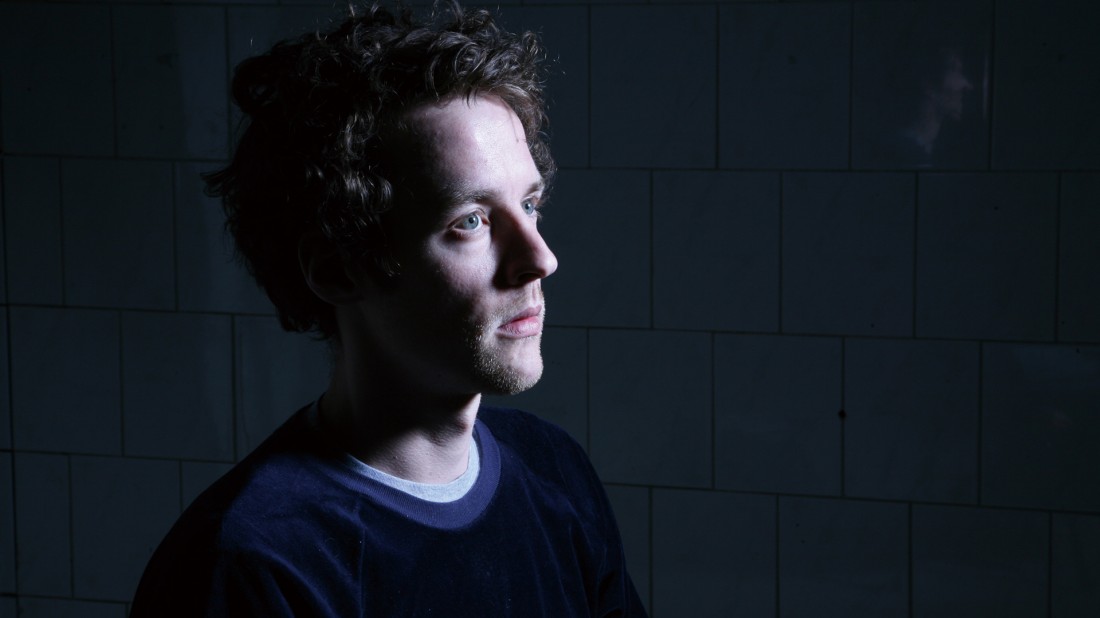Piano Memories / Quentin Sirjacq によるアルバム解説
My music is neither nostalgic nor romantic but “reminiscent”. It recalls buried physical and unconscious memories.
私の音楽は、ノスタルジックでもロマンチックでもなく、「追憶」である。
音楽は忘れ去られた身体的および潜在的な記憶を想起させてくれる。
About Piano Memories
Piano Memories について
Following on from my first solo album ” La chambre claire “, my new album “Piano memories”
confirms and consolidates my journey towards music which is both intimate and open to people.First of all, intimate music, because I follow the thread of my unconscious on the piano, tracking my physical and mental states, watching for my most spontaneous expression, for my most deeply hidden sensations. My improvisation or composition is like automatic writing, deliberately giving importance to the states in which the body speaks, rather than any prior intention or intellectual decision. This is the raw material of my music.In this way, the private becomes the shared. The transparency and vulnerability of intimacy creates a bridge above pre-established codes, creating a direct equal and reciprocal relationship with the listener. It is not about simplification, rather the need for transparency: making heard and understood the sounds which resound in the depths of our bodies and souls, which convey a kind of collective subjective unconscious.
For today’s composer, the piano is an instrument which carries both the hope of dreams and the intimidating weight of history. The piano does not need orchestral hoax to go to the essence.From Bach, Chopin and Schubert to Bill Evans, some of the most beautiful pages of music were written for piano. My intention as pianist is not “classical” nor “purist” in any way, the piano is simply like my mother tongue. The piano works rather as a catalyst of collective and individual memories (like voice and guitar, it is a naturallyintimate instrument…and it conveys collective memories in many different musical styles.)and of course I deeply like the breadth of its sound spectrum, the infinite possibility of its colours and nuances.
My music is neither nostalgic nor romantic but “reminiscent”. It recalls buried physical and unconscious memories. It is for this reason that I need intimacy, to amplify the listener’s subjective experience and internal voyage. So the use of numerous stylistic influences from impressionism to jazz, minimalism to pop music, is a way to make this journey possible, to allow the listener to lose control.
So Piano memories is necessarily beyond classification because if I reduced my purpose to the stylistic formalism of a given type, I would not be able to reach inside either the listener or myself, and my music would be reduced to a musical category; belonging to a single social group, and these categories would prevent the listener from truly comprehending the music. Diversity and inclusion of influences help me to access the different histories that we carry in ourselves.
That is also the reason why I reject none of the sensations that could affect me, any more than I would organise them into a hierarchy. High and low culture or music don’t exist anymore in my music. For this album, i have worked in 4 steps: from improvisation to composition, and then from perfomance to “remix” (editing, mixing, adding electronics or celesta…), all theses steps allow me to show many different aspects and process of my musical gesture. Like watching a picture from various angles or like looking simulteanously to many different reflections of the same image…
From this face to face with piano, my goal is to give the listener the means to be connected internally, to invite him to plunge intimately into a sound space which could then become a reflection of his own internal and intimate lifes and memories..
私の初のソロアルバム” La chambre claire “に続く、新作”Piano memories”は、私の本質的かつ人々にオープンな音楽への旅路を確かにし、そして確固たるものにする。 初めに、本質的な音楽について言えば、私はピアノの上で自分の無意識の糸をたどるので、身体的・精神的状況にしたがい、そして、自分の一番自然な表現や一番深い奥底に隠れた感覚に注目する。こうして私の即興音楽や作曲は自然発生的に作られるため、意図的や知識的な選択よりも身体との対話の必要性を優先する。これが私の音楽の原料だ。 このようにして、私のプライベートな部分がシェアされるようになり、本来の透明性と脆弱性が、既成のコードの上に架け橋を創り、それが聴き手との間に完全一致と相互的な関係を作る。これはシンプルにすることが目的ではなく、身体と精神の奥底に共鳴する音を聴いて理解することにより、主観的な無意識集合体を伝えられる程の、透明さが必要だと言っているのである。
ピアノは、現代の作曲家にとって、夢や希望、また圧倒的な歴史の重みを兼ね備えた楽器である。この楽器はオーケストラ的な要素を必要としない。バッハ、ショパン、シューベルト、ビル・エバンス等は、過去に幾つもの美しいピアノ楽曲を残している。私はピアニストとして、「古典派」や「純粋主義派」のいずれでもなく、ピアノ自体が私の母国語のようなものなのである。ピアノ作品は、集合体や個々の記憶(声やギターのような身近にある楽器を使い、色々な想いを音楽で表現する)のきっかけのようなものである。そして、この雄大な音の残像、無限の可能性を秘めた音の色彩と陰影に、私は深く惚れ込んでいる。 私の音楽は、ノスタルジックでもロマンチックでもなく、「追憶」である。音楽は忘れ去られた身体的および潜在的な記憶を想起させてくれる。聴き手のこれまでの個人的な経験や自己の内面の模索を促す、これが本質性が必要となる理由だ。私は印象派ジャズからミニマリズム・ポップスまで、数多くの音楽的スタイルを使用しているが、これは聴き手がその冒険に没頭できるようにするためである。 自分の音楽をある規定の形態にしてしまったら、聴き手や私自身の内面を探ることができなくなるし、一つの音楽カテゴリーに自分の音楽が分類されてしまうから、Piano memoriesは、分類に当てはめることは出来ない。一つの部類に属してしまうと、聴き手はこの枠から外れて本当の音楽を理解するのが難しくなるからである。 多様性と色々な影響を包含させることによって、自己内面の多くの事柄に繋がることが出来るようになる。私の感情を作用する感覚をどれも拒否できないのには、物事に序列を形成してしまうのと同じだからである。格付けをしてしまったら、自分の音楽でなくなってしまう。 このアルバムは、四つの作業手順で制作されている。即興演奏から作曲へ、そして演奏からの再構築(編集、ミキシング、電子音とチェレスタの追加等)へと、このような作業手順により自分の音楽に向き合う姿勢を色々な側面や過程で明確にすることが出来る。一つの絵画作品を様々な角度から見るように、或は、一つの作品を多角的視点で同時に見るように。 このようにピアノと向き合い、聴き手を本質的な音の世界へと招待し、自分の追憶をたどれるように、聴き手に自己内面につながれる方法を与えることが、私の目標である。
December 2013
2013年12月
Piano Memories の発売を記念して Quentin Sirjacq のインタビューがウェブダカーポにて掲載されています。そちらも合わせてご覧下さい。
http://dacapo.magazineworld.jp/music/128257/


